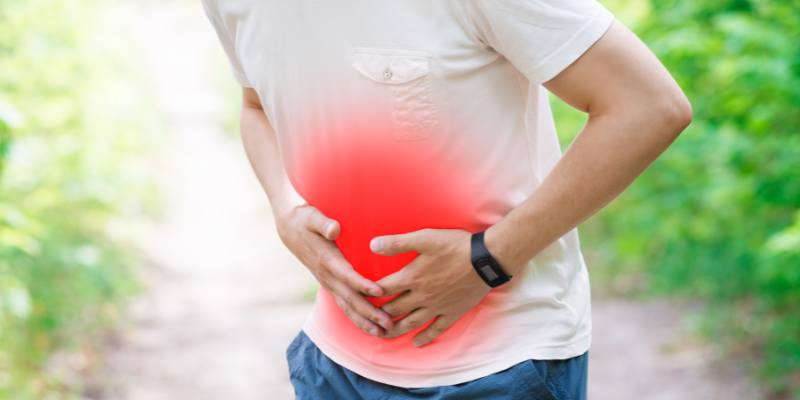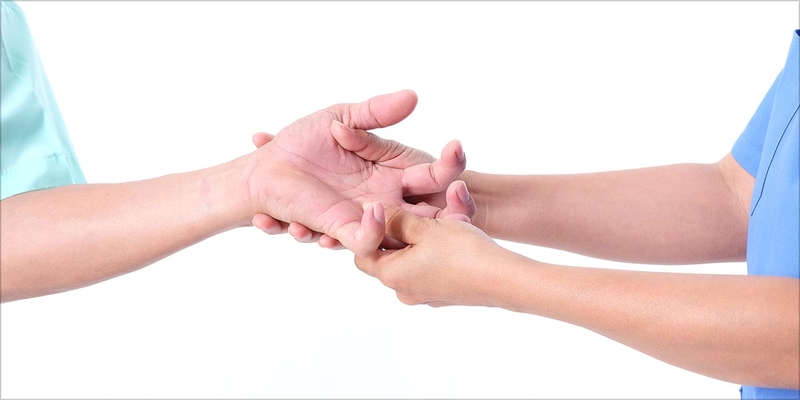High blood pressure (hypertension) in children is a growing concern for parents. Many parents remain unaware of it or do not pay much attention to it.
However, it is very dangerous and can lead to many issues later in life. So, it is necessary to diagnose and treat it as early as possible. For that, it is crucial to know about the symptoms and causes of this disease in children.
You must be aware of the symptoms of hypertension in children for early diagnosis and treatment. If left untreated, it can lead to more serious illnesses like chronic heart disease or damaged organs. To prevent this, you must regularly check your child's blood pressure.
Treatment includes lifestyle modifications such as a healthy diet, exercise, and the use of certain medicines.
This article discusses the causes and treatment of hypertension in children and the preventive measures to avoid it.
What is Hypertension in Children?

High blood pressure, also known as hypertension, is an elevation in blood pressure. In kids, it is characterized by a condition in which the blood pressure of a child is equal to or above the 95th percentile of other children of the same age, height, and gender.
It is a growing and alarming concern for parents. Usually, a child is considered a high blood pressure patient if his or her blood pressure is high on repeated measurements for a specific time period.
Types and Causes of Hypertension

Primary hypertension
Primary hypertension occurs on its own without any definite cause or other illness. If your child does not have any chronic disease and still has high blood pressure, it is known as primary hypertension. Some of the main causes of this are:
- Unhealthy eating habits (processed foods)
- Lack of physical activity
- Obesity
- Increased salt intake
- Type 2 diabetes
- High cholesterol level
- Genetic factors
Secondary Hypertension
If your child has a chronic illness, he is at risk of getting secondary hypertension. The most common chronic diseases which cause this condition are:
- Chronic kidney disorders
- Heart problems
- Hyperthyroidism
Symptoms and Diagnosis of Hypertension in Children

Common Symptoms in Children
In most cases, kids do not show any symptoms of high blood pressure. Therefore, early diagnosis is very essential, and for that, it is advised to see a doctor regularly for checkups.
However, some children may experience the following symptoms:
- Headaches
- Chest pain
- Troubled breathing
- Vision loss
- Increased heartbeat
- Disturbed stomach (vomiting)
Diagnostic Procedures
Early detection of any disease is the key to a suitable treatment. If your child has any of the above symptoms, you should not ignore it and get him or her checked. Not just that, it is advised to get your kids blood pressure checked at regular intervals by healthcare professionals.
Most doctors check blood pressure in kids manually, which is considered more accurate. If the pressure is higher than the normal value, you should immediately start the treatment and make necessary lifestyle changes for your kid.
Treatment and Management
Lifestyle Modifications
- Healthy physical activities and exercise are recommended to reduce weight if the child is overweight.
- Avoid salty, processed foods and cholesterol-rich foods.
- Eat healthy foods such as fruits and vegetables.
- Avoid primary and secondary smoking.
Medication Options
Below is a list of medicines that are generally prescribed by doctors for the treatment of increased blood pressure in children. But you should never use any medicine on your own. Always consult a healthcare professional before starting any new medication.
- ACE inhibitors: This medicine relaxes your child's blood vessels, increases blood flow, and lowers blood pressure.
- Diuretics: This medicine works by helping your child's kidneys excrete sodium and water, which helps lower blood pressure.
- Angiotensin II receptor blockers: They help relax blood vessels by blocking a natural substance that constricts them.
- Calcium channel blockers: This medication relaxes the walls of your child's blood vessels and may slow down their heart rate, thus lowering blood pressure.
Prevention Strategies You Should Know About!
High blood pressure can affect your health for a long time, so prevention is key. Doctors suggest a healthy lifestyle, including eating well, sleeping enough, and exercising to prevent this disease.
Treating high blood pressure early is important, as it can help heal the damage caused by this condition and avoid future risks. Other than these prevention strategies, there are also medications available for children to manage high blood pressure.
Encouraging Healthy Eating Habits
A healthy diet is crucial for preventing high blood pressure in kids, as foods high in salt and processed can increase the risk. Therefore, doctors prescribe eating healthy foods like fruits and vegetables and avoiding processed and salty foods.
Promoting Physical Activity
Nobody can deny the importance of physical activities in preventing hypertension in children. Any activity that increases heart rate is beneficial for kids. This can be anything from running with a dog, racing with friends, or dancing with siblings.
Reducing Stress and Anxiety
Stress and Anxiety are the roots of many illnesses, and high blood pressure tops the list. Especially in children, it is the greatest factor of hypertension.
Parents should make sure to provide an environment that is stress-free for their children, be it at home, school, or any other place. It becomes even more important if your kid is hypersensitive.
Conclusion
The article throws light on high blood pressure (hypertension) in children. A child is considered to have hypertension if the blood pressure consistently reaches or surpasses the 95th percentile for their age, gender, and height.
It also highlights the importance of early diagnosis and treatment, including lifestyle modifications and medication options. Common symptoms of high blood pressure in children include headaches, chest pain, troubled breathing, increased heartbeat, and disturbed stomach.
It is advised to get children's blood pressure checked regularly by healthcare professionals. This can lead to prevention and better treatment.







